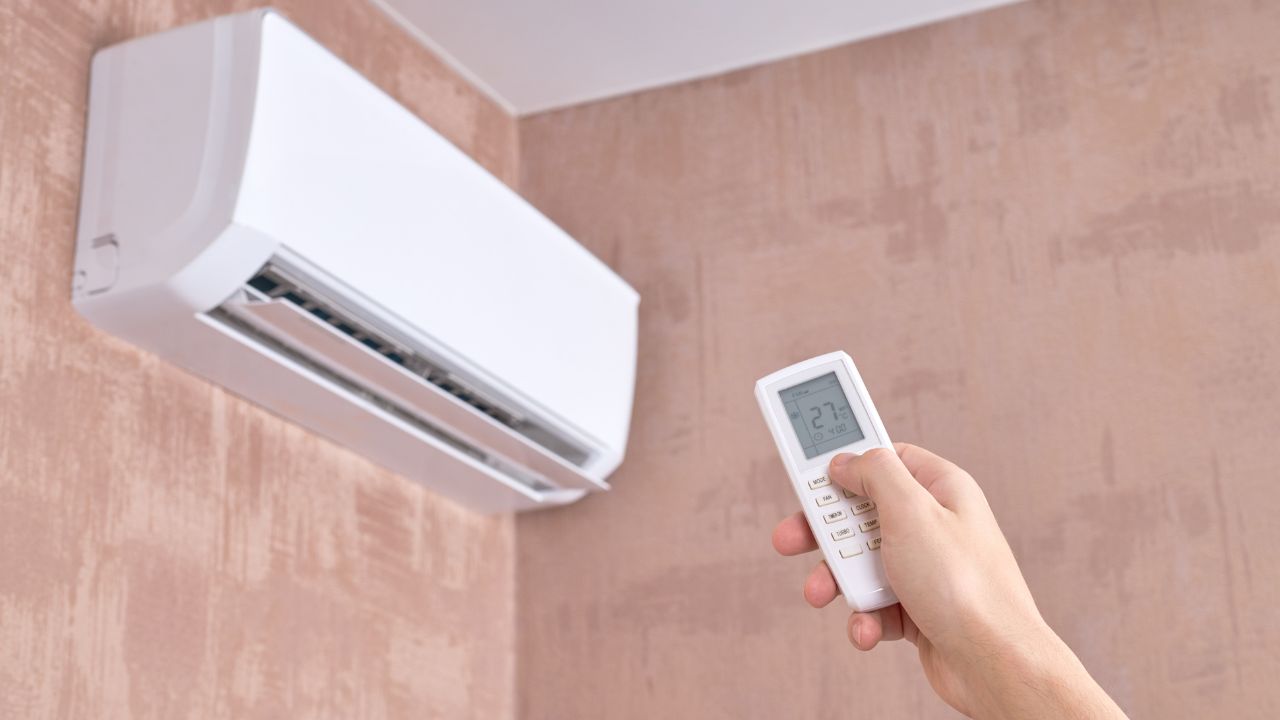One crucial component that is often overlooked when trying to maximize the performance and efficiency of your air conditioning equipment is the size of the aircon radiator. In order for your air conditioner to work properly, the radiator must transmit heat from the refrigerant to the outside air.
Have them serviced regularly for optimal functioning of your aircon by a professional like https://www.marvellous.sg/. This article will explain why choosing the appropriate air conditioner radiator size is crucial, and how to go about doing so. For more, visit www.airconservicing.org.
The Role of Aircon Radiators:
The refrigeration cycle of your air conditioner relies heavily on the performance of the aircon radiators, also known as the condenser coils. They are housed in the outside portion of your air conditioner and aid in dissipating the heat picked up inside.
The hot gaseous refrigerant is pumped into the condenser coils, where it releases its heat to the ambient air and condenses back into a cool liquid, which is then pumped back into the indoor unit.
The Importance of Getting the Appropriate Size:
Choosing the right size for your air conditioning radiator has a direct effect on the effectiveness and functionality of your cooling system. Reduced cooling capacity, higher energy use, and even compressor damage are all possible outcomes of a radiator that is too small. However, a huge radiator could cause the air conditioner to turn on and off too often, which would be inefficient and costly.
Factors to Consider:
1. BTU Capacity:
The BTU is the standard measurement of an air conditioner’s cooling capacity. It is important to match the air conditioner radiator size to the BTU output. The size of the radiator is determined by the cooling capacity of your air conditioner, which is often expressed as a ton per 12,000 BTUs of input.
2. Climate and Ambient Temperature:
The heat transmission mechanism is impacted by the outside temperature of the location where your AC unit is situated. For maximum performance in warmer areas, a radiator with sufficient size and heat dissipation capacity is required.
3. Airflow:
Adequate ventilation around the outdoor unit is essential for effective heat removal. Make sure the radiator is not impeded by anything, like bushes or buildings.
4. Manufacturer’s Recommendations:
The correct size of the air conditioning radiator should be determined in accordance with the manufacturer’s guidelines and specifications. It is important to pay attention to the information provided by the manufacturer because it is tailored to your unit’s design and engineering.
Benefits of Choosing the Right Size:
- Savings on Energy Bills: A properly sized radiator can improve the efficiency of your air conditioner by as much as 10 percent. Your air conditioner will be running at peak efficiency, saving you money on your monthly energy expenses.
- Extended Lifespan: Properly designed radiators put less stress on the air conditioner’s parts, extending the life of those parts and the entire system.
- Comfortable Temperature: Maintaining a comfortable indoor temperature, even in the hottest weather, is possible with a properly sized radiator for your air conditioner.
Impact of Radiator Size on AC Efficiency:
1. Oversized Radiators:
Short-cycling can occur if the air conditioner’s radiator is too big for the system. When an air conditioner cycles on and off too often, a phenomenon known as short-cycling occurs, which is wasteful of energy and stresses the compressor and other parts needlessly. The effectiveness of the system drops and its lifespan shortens as a result of this.
2. Undersized Radiators:
However, if the AC unit’s cooling capability is more than the radiator’s size, the unit may overheat and break down. As a result, the AC has to work harder to maintain the set temperature, which results in longer cooling cycles and increased energy usage.
Professional Sizing and Installation:
Air conditioning radiator sizing is a tricky task best left to trained technicians. These professionals can determine the precise cooling load, compare it to available BTU capacity, and advise on the best possible radiator size. The effectiveness and dependability of your air conditioner could be jeopardized if you try to size it and install it yourself.
Upkeep And Cleaning On A Regular Basis:
Regular maintenance is essential for good AC operation regardless of the size of your air conditioning radiator. Radiator efficiency is reduced if dust, grime, and debris build up on its surface. You should have expert cleaning and inspection of your air conditioner and radiator performed on a regular basis.
